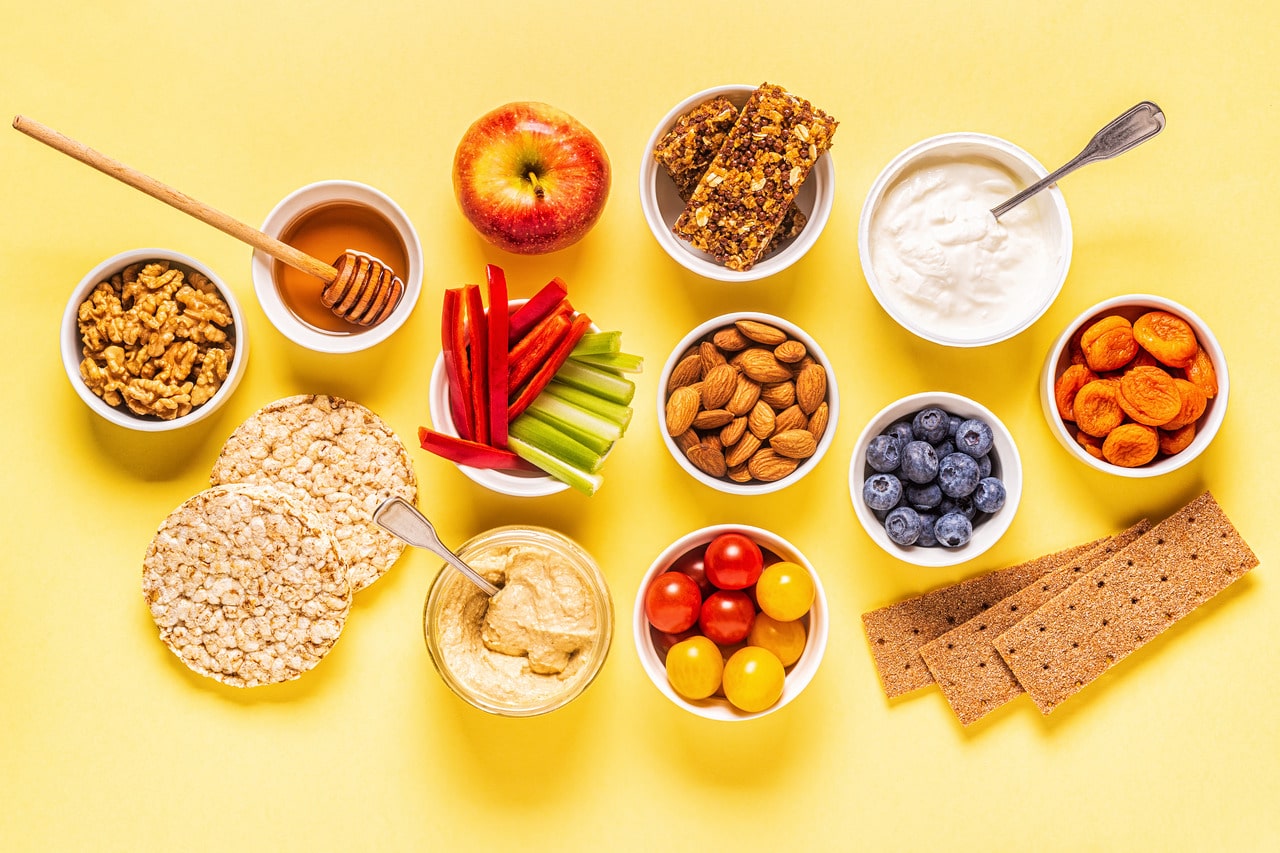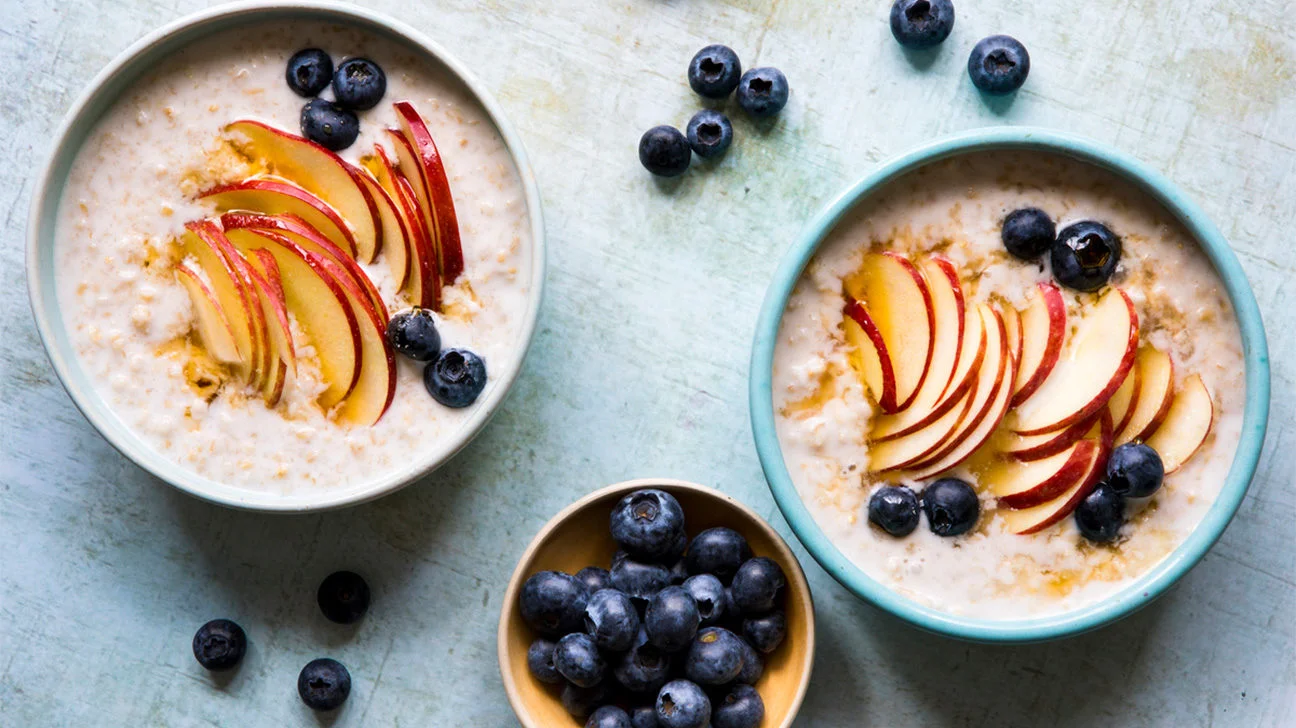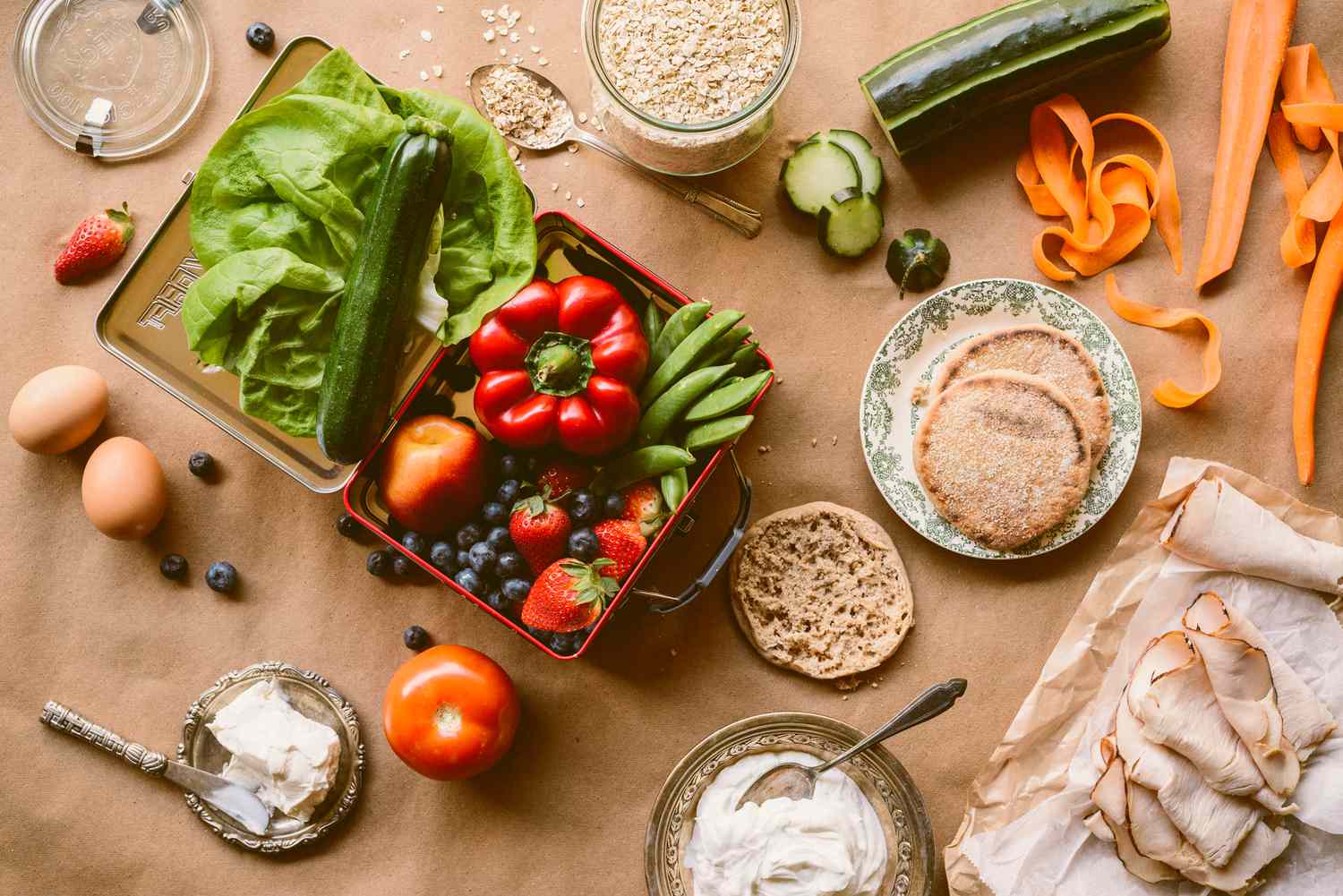In a world where our health is increasingly under the microscope, groundbreaking research is shining a spotlight on the powerful role that diet plays in cancer risk prevention. With cancer cases expected to rise dramatically in the coming decades, the urgent need for simple, effective strategies to combat this trend has never been clearer.
Enter the humble snack: once vilified as the culprit behind poor health, it’s now being reevaluated as a potential ally in the fight against cancer. This article delves into the latest findings and expert recommendations that are turning the tide on how we view diet and cancer.

The Power of Prevention Through Diet
It’s an often-overlooked fact, but according to the American Institute for Cancer Research and the World Cancer Research Fund, adopting a healthy diet and regular exercise regimen could prevent 30-40% of cancer incidences. This remarkable statistic underscores the untapped potential of lifestyle choices in our ongoing battle against cancer.
Dr. Lori A. Alfonse, DO, a leading surgical oncologist and Deputy Physician in Chief at Lehigh Valley Topper Cancer Institute, has been at the forefront of integrating dietary considerations into cancer risk prevention strategies. In insights shared with Parade, Dr. Alfonse emphasizes the importance of nutrient-rich foods in warding off cancer risk.
Among the most potent of these are nuts, which, when consumed at a rate of 28 grams per day, have been shown to reduce cancer mortality by an astounding 21%. The secret lies in their bioactive chemicals, which fight inflammation and inhibit the growth of cancer cells.

The Snack Revolution: Healthy Choices at Your Fingertips
Gone are the days of associating snacking with unhealthy eating habits. Today, experts like Dr. Alfonse advocate for the inclusion of snacks as part of a balanced diet aimed at cancer risk prevention. Unflavored, unsalted nuts, bite-sized fruits, and cheese sticks are just a few examples of snacks that pack a nutritional punch without the added preservatives and sugars that can undermine our health.
In addition to choosing the right snacks, Dr. Alfonse recommends flavoring nuts with herbs such as rosemary, thyme, dill, or turmeric to enhance their taste and health benefits. This approach not only adds variety to our diet but also reinforces the principle that eating well doesn’t have to be a bland experience.
Eating a diet rich in fruits, vegetables and whole grains can lower your risk of colorectal cancer. This #ColorectalCancerAwarenessMonth, let @KPMidAtlantic help guide you toward healthier lifestyle choices.
Learn more about prevention: https://t.co/Po5dAI1CuG. pic.twitter.com/AmnqxIdNQD
— Kaiser Permanente (@KPMidAtlantic) March 28, 2024
The Rising Tide of Cancer: A Call to Action
With recent studies forecasting a 77% increase in cancer cases by 2050, the urgency of adopting preventative measures cannot be overstated. The American Cancer Society’s report, highlighting 20 million cancer cases and 9.7 million deaths in 2022 alone, paints a stark picture of the challenges ahead.
This looming crisis is further compounded by the expected surge in prostate cancer incidences and deaths, underscoring the need for a concerted public health response. While age and genetics play undeniable roles in cancer risk, the influence of modifiable factors like diet offers a beacon of hope.

A New Dawn in Cancer Risk Prevention
The evidence is clear: incorporating healthy snacks into our diet represents a simple yet powerful tool in the fight against cancer.
As we face an uncertain future marked by rising cancer rates, the wisdom of experts like Dr Alfonse provides a roadmap for taking control of our health through mindful eating. In doing so, we not only enhance our quality of life but also embark on a proactive journey towards a healthier, cancer-free world.


